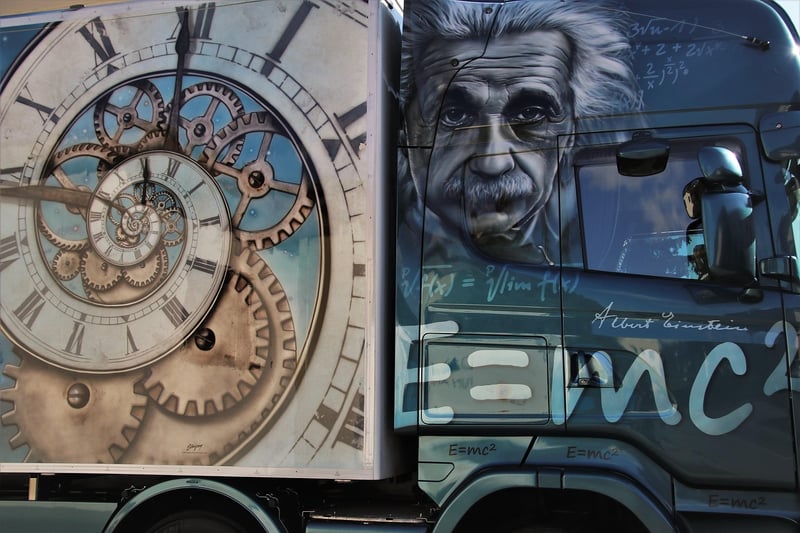Time Warp Theory
The Fascinating World of Time Machines and Time Warp Theory
Time travel has been a popular topic in science fiction for decades, capturing the imagination of many. The concept of time machines and time warp theory has intrigued scientists, writers, and enthusiasts alike. Let's delve into the intriguing world of time travel and explore the possibilities and theories surrounding it.
What is a Time Machine?
A time machine is a theoretical device that allows an individual to travel backward and forward in time. While time machines are commonly associated with science fiction, the idea of manipulating time has been a subject of scientific study and philosophical debate.

Time Warp Theory
Time warp theory, also known as the theory of relativity, is a fundamental concept in physics introduced by Albert Einstein. According to this theory, time can be warped or stretched by the presence of massive objects, such as planets or stars. This warping of space-time can lead to phenomena like time dilation, where time passes at different rates for observers in different frames of reference.
Key Concepts of Time Warp Theory:
- Time Dilation: The effect where time passes differently for observers in motion relative to each other.
- Wormholes: Hypothetical tunnels that could create shortcuts through space-time, potentially allowing for time travel.
- Closed Time-like Curves: Paths through space-time that loop back on themselves, theoretically allowing for time travel to the past.
Challenges and Paradoxes
While the concept of time travel is fascinating, it also presents numerous challenges and paradoxes. The most famous of these is the grandfather paradox, where a time traveler could potentially alter the past in a way that prevents their own existence. These paradoxes have led many scientists to question the feasibility and implications of time travel.

Conclusion
Time machines and time warp theory continue to captivate our imagination and push the boundaries of science and fiction. While the possibility of building a functioning time machine remains a distant dream, the theories and discussions surrounding time travel offer a glimpse into the complexities of space, time, and the universe.
Exploring the mysteries of time travel can open up new perspectives on our understanding of the universe and our place within it. Who knows what the future holds? Perhaps one day, we will unlock the secrets of time travel and embark on journeys through the past, present, and future.
